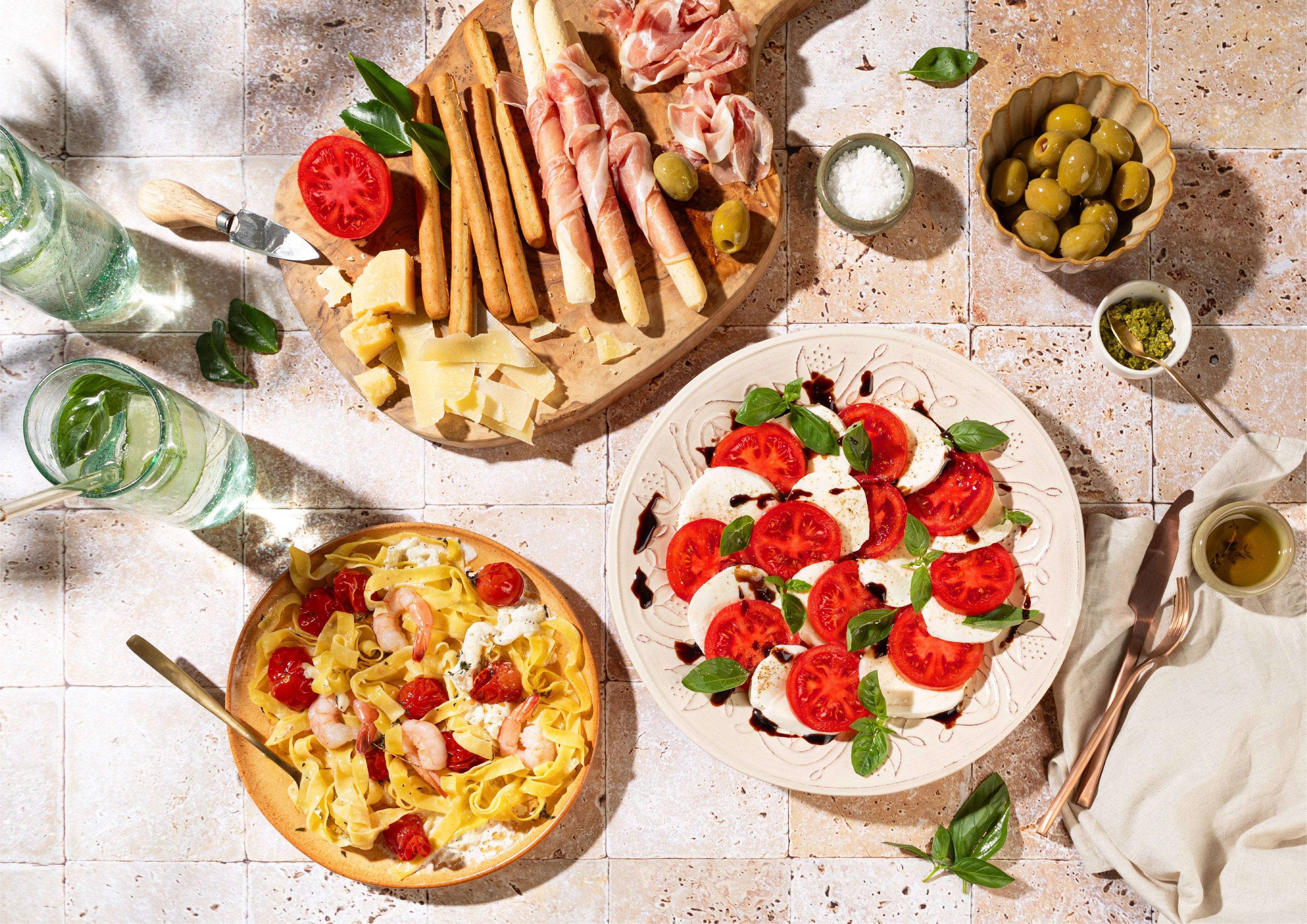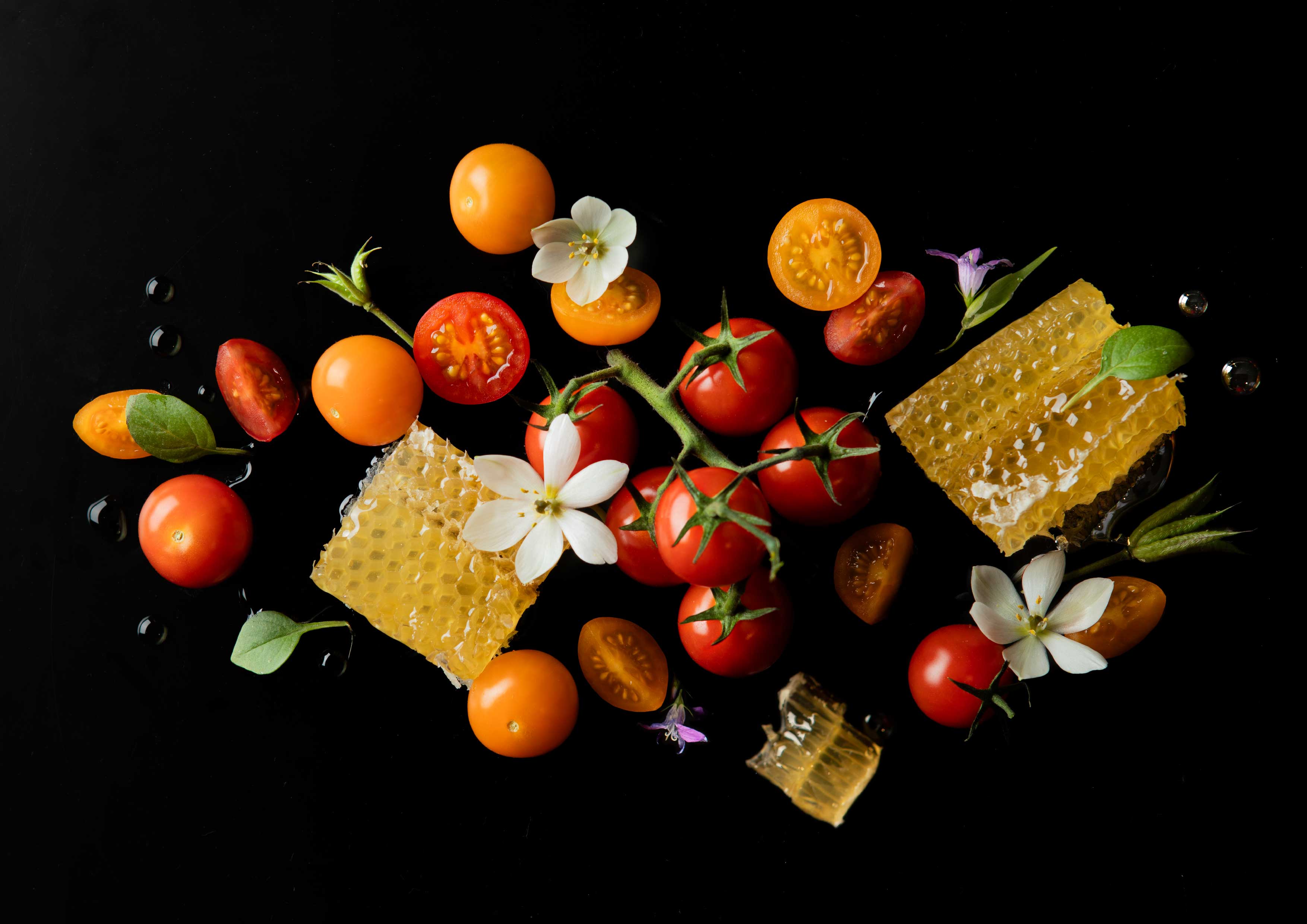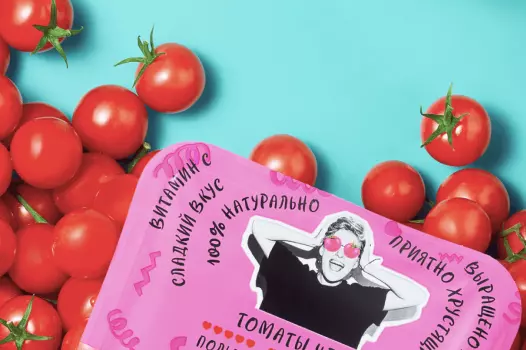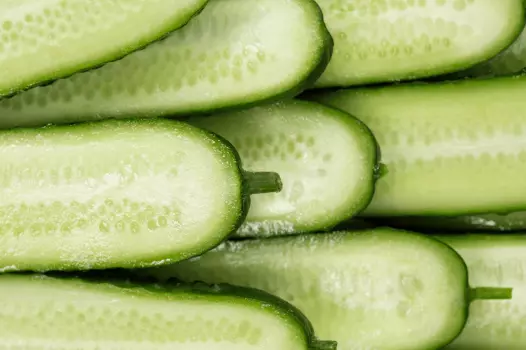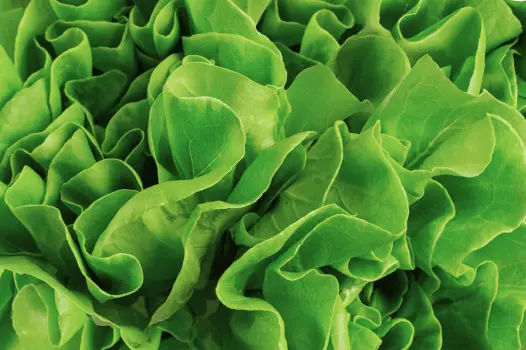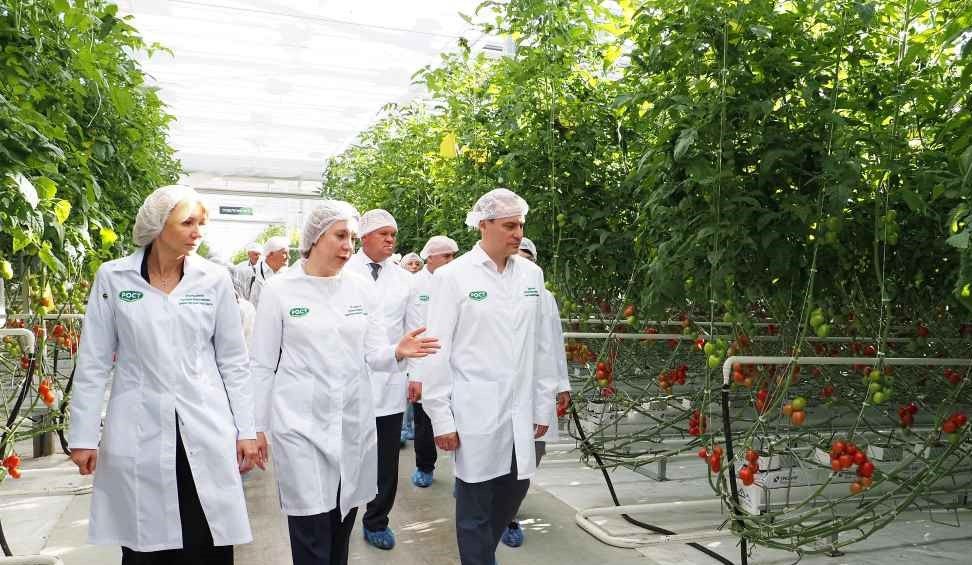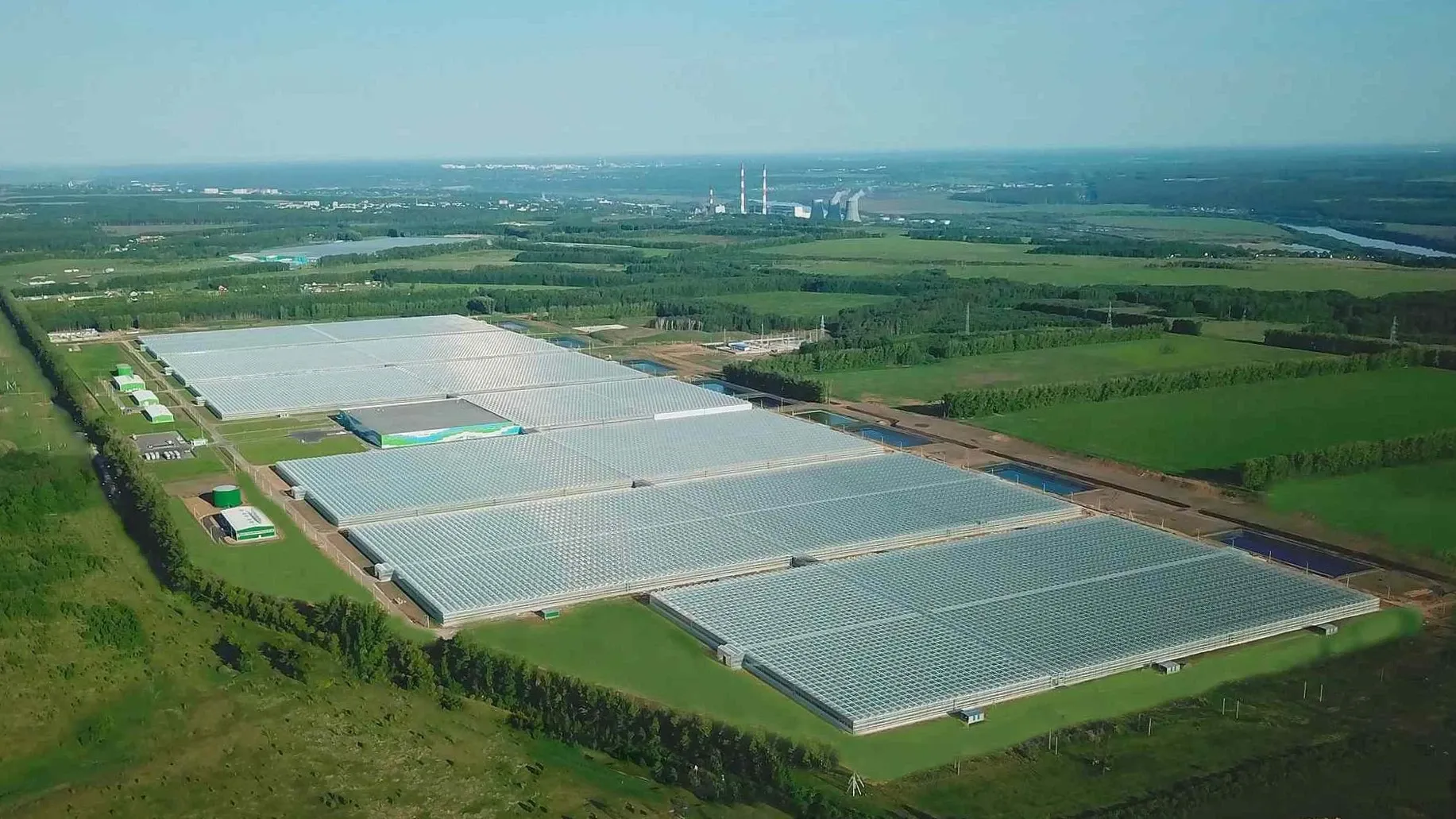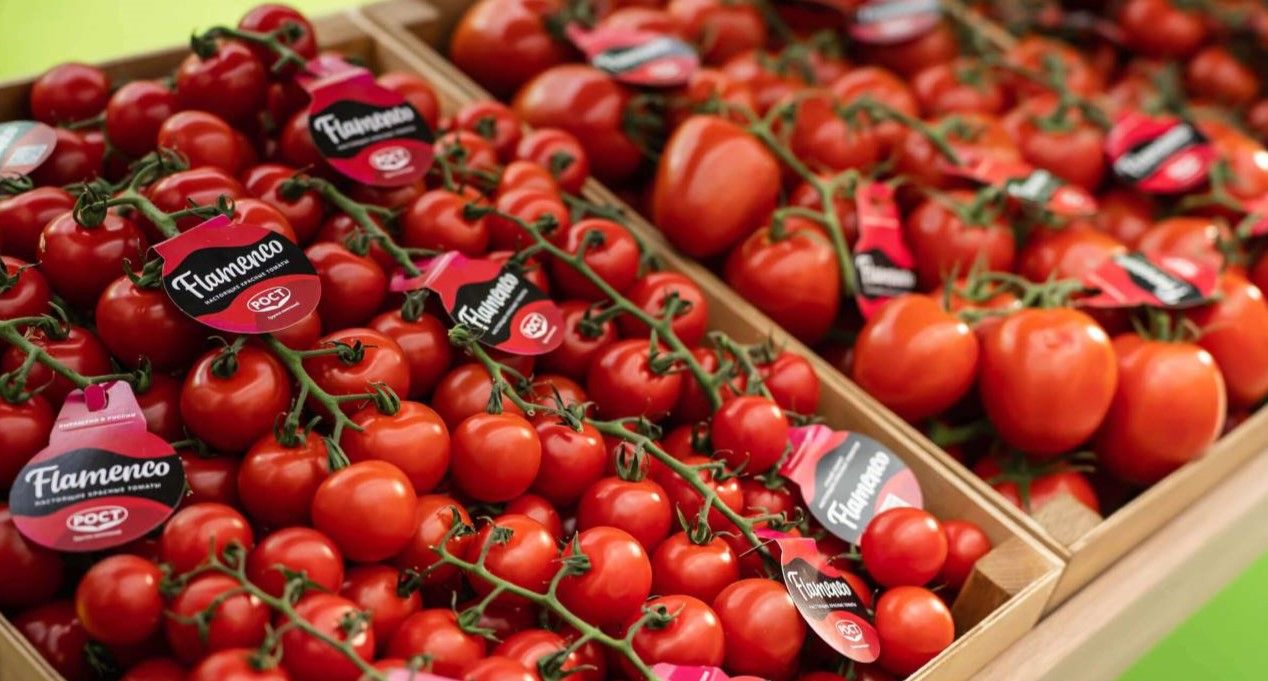Sustainable development: how we save water and conserve natural gas in greenhouses
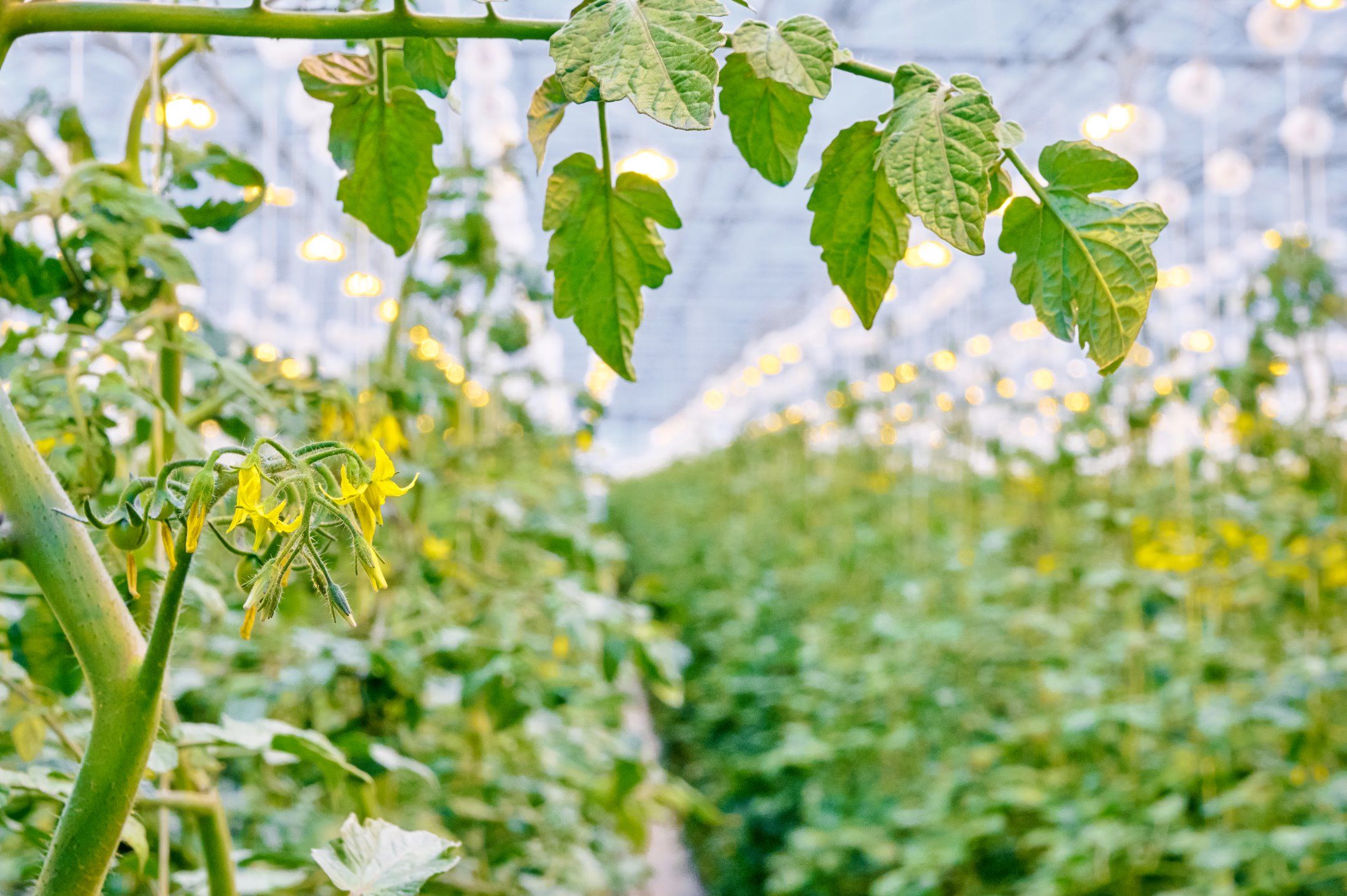
Stable climate, irrigation, plant nutrition, and light management — all this allows us to grow fresh vegetables year-round under control, and most importantly, in an ecologically clean environment. Let us tell you how we manage to do this.
We use natural technologies
We grow plants in cubes of organic mineral wool. It is made from rocks, from which fibers are obtained by heating. Thanks to its neutral environment, plants receive nutrients, the required amount of water, and form a better root system. We are against pesticides and chemicals, so we use entomophages — insects that feed on pests and protect vegetables. Our plants are pollinated by bumblebees — just like in nature.
Less water
We have pools for water collection on the territory of the complexes. We use rainwater and meltwater for irrigation, first purifying it with multi-stage filters. Plants receive exactly as much water as they need. This is provided by an individual drip irrigation system. Our approach allows us to conserve water resources. Every day, we collect 80.7 million liters of water from all complexes. This volume is enough to fill 4 million office coolers.
Less natural gas
We build our power centers next to each greenhouse complex to efficiently use the resource. Gas piston installations convert gas into electricity and at the same time produce heat. We use electricity to light the greenhouses, and the saved heat for heating at night. As a result, we do not need to turn on boilers for heating, which means we save gas.
Ecological packaging
ROST advocates for responsible consumption. Therefore, we choose ecological packaging for vegetables. Film, topsil, cardboard tray, and cup — you can hand over for recycling.

